Lipicard
✅ Lowers Cholesterol Levels
✅ Reduces Triglycerides
✅ Prevents Heart Disease
✅ Prescribed by Physicians
✅ Oral Medication Option
Lipicard contains Fenofibrate.
Product Overview
Lipicard is a pharmaceutical formulation containing Fenofibrate as its active component. Classified under fibric acid derivatives, this therapeutic agent is primarily indicated for managing elevated cholesterol and triglyceride concentrations in the bloodstream. The medication functions by reducing triglyceride synthesis while enhancing cholesterol elimination from circulation. Lipicard is formulated as oral tablets for convenient administration.
Therapeutic Applications
Lipicard is prescribed for the treatment of hyperlipidemia, characterized by abnormally high levels of cholesterol and triglycerides. When combined with dietary modifications and lifestyle adjustments, it effectively mitigates cardiovascular risks including myocardial infarction and cerebrovascular accidents. The medication is also beneficial in managing specific lipid disorders such as mixed dyslipidemia and familial hypercholesterolemia.
Administration Guidelines
For optimal results, Lipicard tablets should be ingested whole with a full glass of water during meals to enhance bioavailability and minimize potential gastrointestinal discomfort. Strict adherence to the prescribed dosage regimen is essential. Tablets should not be crushed, chewed, or divided as this may compromise the drug’s release mechanism. In case of a missed dose, administration should occur upon recollection, avoiding duplicate dosing to compensate.
Mechanism of Action
Fenofibrate, the pharmacologically active constituent of Lipicard, exerts its therapeutic effects through activation of peroxisome proliferator-activated receptor alpha (PPARα) in hepatic and extrahepatic tissues. This molecular interaction stimulates lipoprotein lipase production, an enzyme crucial for triglyceride catabolism. The dual mechanism of reduced triglyceride synthesis and enhanced clearance results in improved lipid profiles.
Dosage Protocol
Therapeutic dosing of Lipicard is individualized based on baseline lipid parameters and patient-specific factors. Standard initiation typically involves 145 mg administered once daily. Subsequent dosage adjustments may be implemented according to therapeutic response and tolerability profile. Continuous administration is recommended regardless of symptomatic improvement to sustain optimal lipid control and cardiovascular protection.
Therapeutic Advantages
- Demonstrated efficacy in reducing serum cholesterol and triglyceride concentrations
- Significant reduction in cardiovascular event risk
- Synergistic effects when combined with dietary and lifestyle interventions
- Convenient once-daily dosing regimen enhances compliance
- Favorable safety profile with minimal drug interactions
Adverse Effects
Common adverse reactions associated with Lipicard therapy may include cephalalgia, nausea, abdominal discomfort, and diarrhea. These manifestations are typically mild and self-limiting. Rare but serious potential effects include myalgia, muscular weakness, and hepatic dysfunction. Persistent or severe adverse events warrant immediate medical consultation.
Precautions
Prior to initiating therapy, comprehensive medical history disclosure is essential, particularly regarding hepatic/renal impairment, cholelithiasis, or pancreatitis. Lipicard may be contraindicated in certain clinical scenarios or when co-administered with specific medications. The drug is contraindicated during pregnancy and lactation.
Storage Conditions
Maintain Lipicard tablets at controlled room temperature, protected from humidity and excessive heat. Ensure secure storage away from pediatric and pet access. Discard any expired medication following approved pharmaceutical waste disposal protocols in accordance with local regulations.
Disclaimer:
The information provided herein is intended for educational purposes only and represents expert-reviewed, evidence-based data. This content should not substitute professional medical advice, diagnosis, or treatment. The complete safety profile, including potential drug interactions and contraindications, may not be fully detailed. For comprehensive medical guidance regarding any health condition or therapeutic regimen, please consult your healthcare provider. This information aims to facilitate informed patient-physician discussions rather than replace clinical judgment.
| Strength | 160 mg, 200 mg |
|---|---|
| Quantity | 30 Capsule/s, 60 Capsule/s, 90 Capsule/s, 180 Capsule/s |
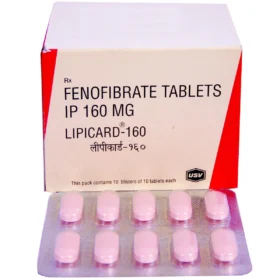 Lipicard
Lipicard










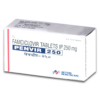
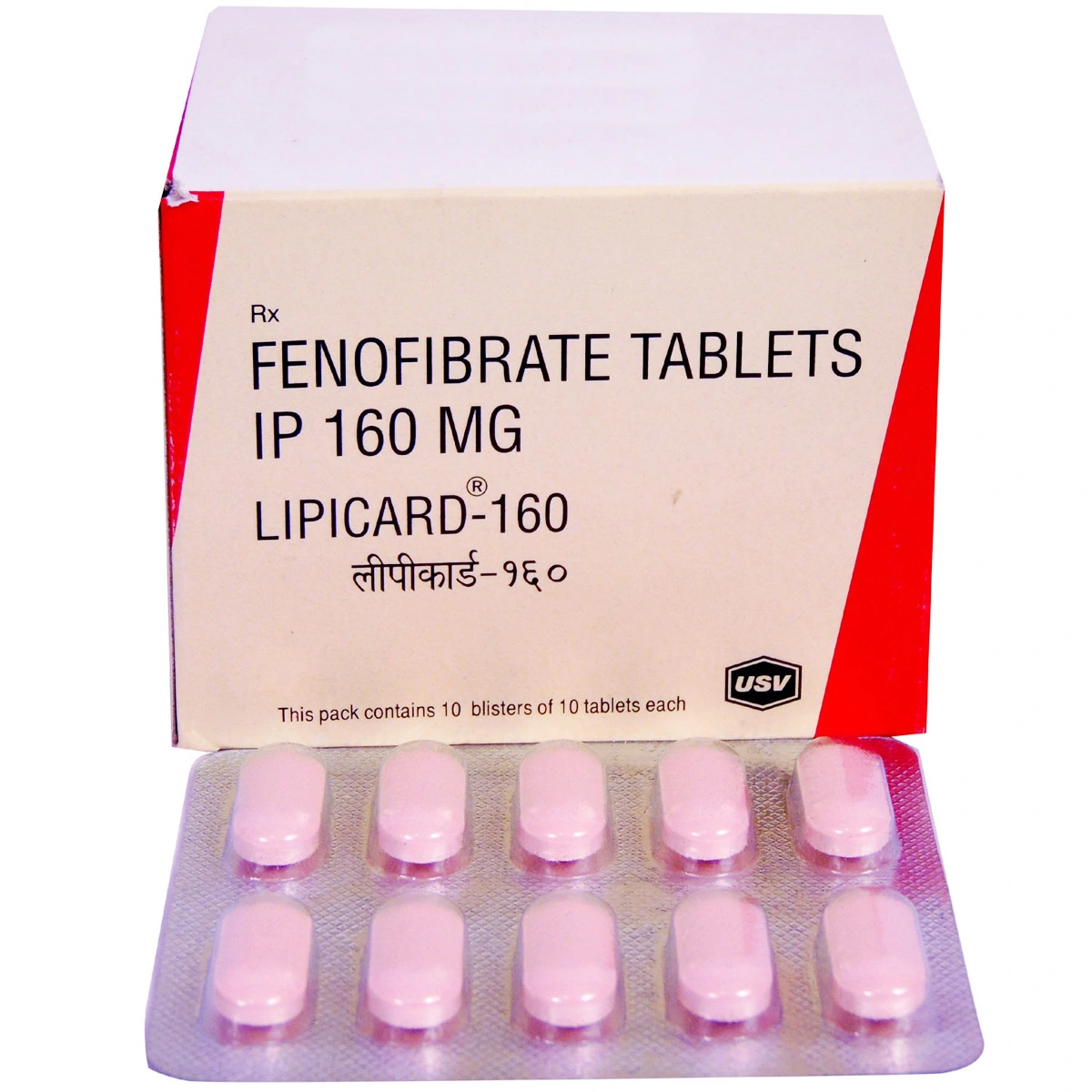
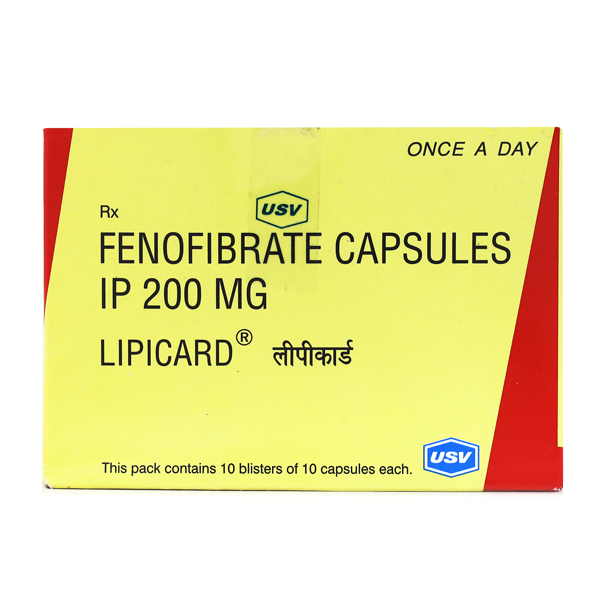
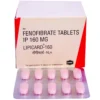
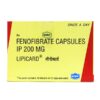
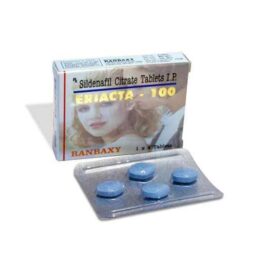


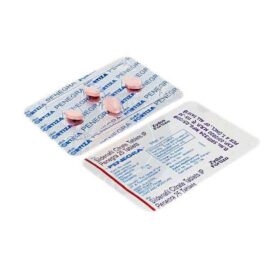
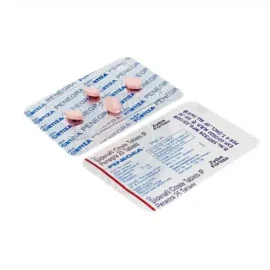
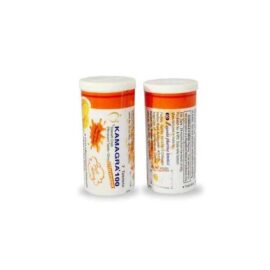
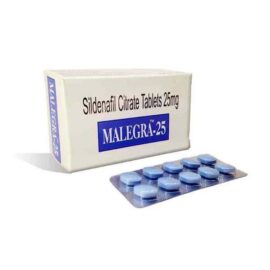
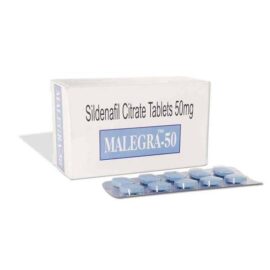
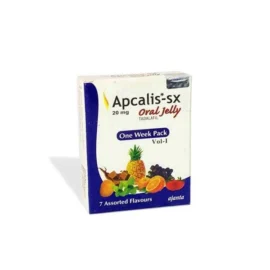
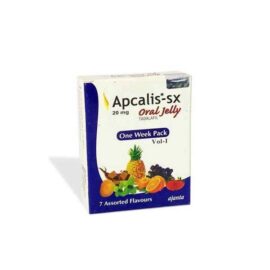
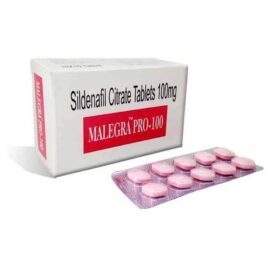
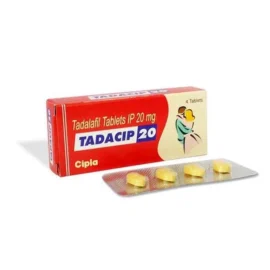
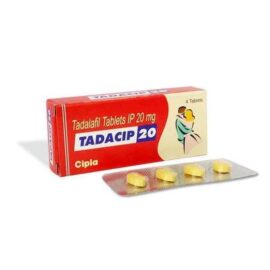
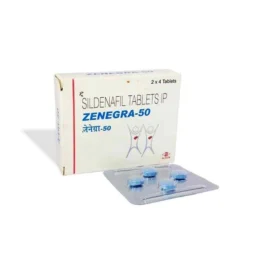
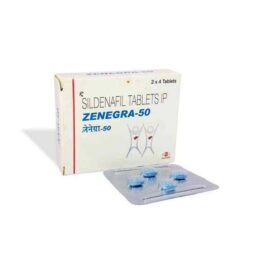
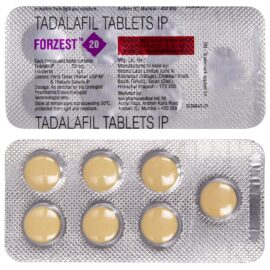
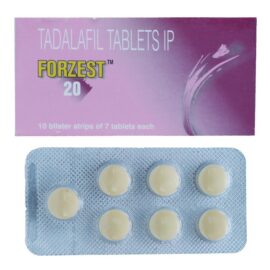
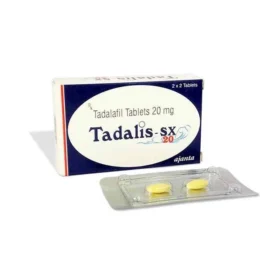
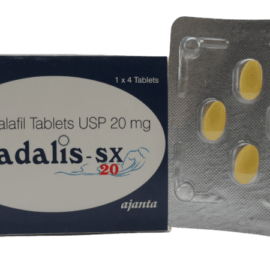
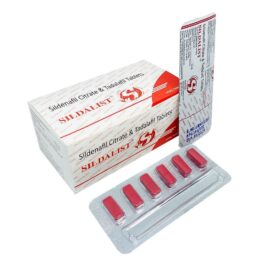
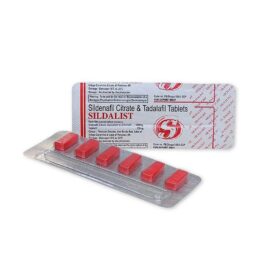
Reviews
There are no reviews yet